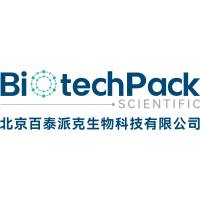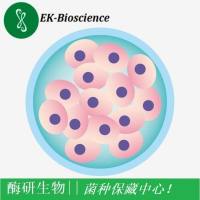A Detailed Protocol for Bacterial Artificial Chromosome Recombineering to Study Essential Genes in Stem Cells
互联网
互联网
相关产品推荐

EmbryoMax™ 青霉素-链霉素溶液,100X,用于细胞培养, The EmbryoMax Penicillin-Streptomycin Solution, 100X is available in a 100 mL format and may be used for routine mouse embryonic stem cell culture applications.,阿拉丁
¥174.90

Histone H3 Peptide, biotin conjugate, residues 21-44,This gene contains introns & its mRNA is polyadenylated, unlike most histone genes. The protein encoded is a replication-independent member of the histone H3 family.,阿拉丁
¥3283.90

Furin human,重组, ≥95%(SDS-PAGE), expressed in HEK 293 cells,阿拉丁
¥5110.90

免疫沉淀protocol
¥600

灰色链霉菌/灰色链霉菌/IMAS Study Class M4.3
¥1500
相关问答

